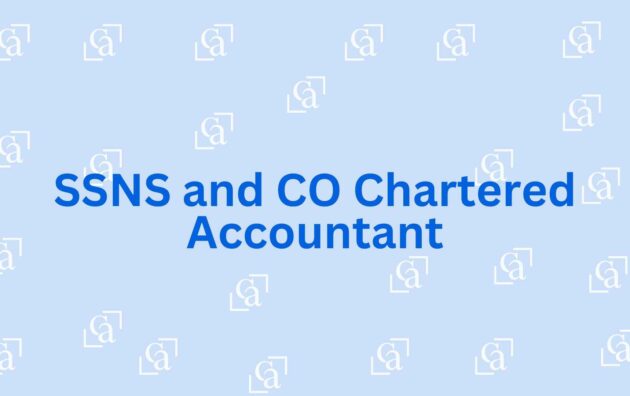Chartered Accountant
- Home
- Chartered Accountant
Abhishek R Jain and Associates
SSNS and CO Chartered Accountant
Frequently Asked Question (FAQs)
Overall, the role of a real estate accountant is to ensure the financial health and stability of a real estate property by providing accurate and timely financial information, managing budgets and expenses, and complying with tax laws and regulations
The role of a chartered accountant in the real estate sector involves providing financial and accounting expertise to real estate businesses, including financial reporting, tax planning, auditing, and advisory services.
A chartered accountant can help real estate to manage their cash flow by creating cash flow forecasts, monitoring receivables and payables, optimizing working capital, and advising on financing options.
Chartered accountants can assist in tax planning for real estate companies by identifying tax-saving opportunities, ensuring compliance with tax regulations, advising on structuring of transactions, and providing guidance on claiming deductions and exemptions.
Common tax implications in real estate include capital gains tax on property sales, rental income taxation, goods, and services tax (GST) on construction and property transactions, and tax incentives for affordable housing projects.
Chartered accountants can assist in preparing financial statements, ensuring compliance with accounting standards, conducting financial analysis, and providing insights into the financial performance of real estate companies.
Chartered accountants perform audits to provide independent assurance on the financial statements of real estate companies, ensuring accuracy, reliability, and compliance with accounting standards and regulations.
Chartered accountants can help real estate companies with project financing by preparing financial projections, evaluating funding options, assessing financial viability, and assisting in negotiations with tenders and investors.
Real estate companies need to comply with various regulatory requirements, such as registration and licensing of projects, compliance with real estate acts and regulations, and adherence to environmental and safety standards.
Chartered accountants can provide expertise in real estate valuation by conducting market analysis, assessing comparable properties, and employing valuation methods to determine fair value, such as cost approach, income approach, and sales comparison approach.
Accounting considerations for real estate development projects include recognizing revenue, capitalization of costs, assessing impairment, accounting for joint ventures or partnerships, and compliance with specific accounting standards for construction contracts.
Chartered accountants can assist real estate investors with due diligence by analyzing financial records, assessing the financial health of a property or project, identifying potential risks and liabilities, and providing recommendations for informed investment decisions.
Key financial ratios used in real estate analysis include return on investment (ROI), net operating income (NOI) ratio, capitalization rate (cap rate), debt service coverage ratio (DSCR), and internal rate of return (IRR).
Chartered accountants can help real estate companies comply with GST regulations by ensuring accurate GST registration, managing GST payments and refunds, filing GST returns, and providing guidance on GST implications for various transactions.
Real estate developers in affordable housing projects may be eligible for tax benefits such as tax deductions on affordable housing units, exemptions on profits, and incentives provided by government schemes to promote affordable housing.
Chartered accountants can provide guidance on tax implications, foreign exchange regulations, transfer pricing, cross-border financing, and compliance with international accounting standards for real estate transactions conducted across borders.
The RERA has introduced stricter regulations and increased transparency in the real estate sector. Chartered accountants can help real estate companies comply with RERA requirements, including maintaining separate project accounts, providing project-related disclosures, and ensuring accurate financial reporting.
Chartered accountants can provide tax planning strategies, identify available tax incentives and deductions, optimize tax structures, and ensure compliance with tax laws to help real estate businesses minimize tax liabilities.
Financial risks in real estate investments include market volatility, interest rate fluctuations, changes in government regulations, liquidity risks, construction delays, and unforeseen costs.
Chartered accountants can help real estate companies identify and assess financial risks, develop risk management strategies, implement internal controls, and provide recommendations to mitigate risks and protect the financial interests of the company.





















